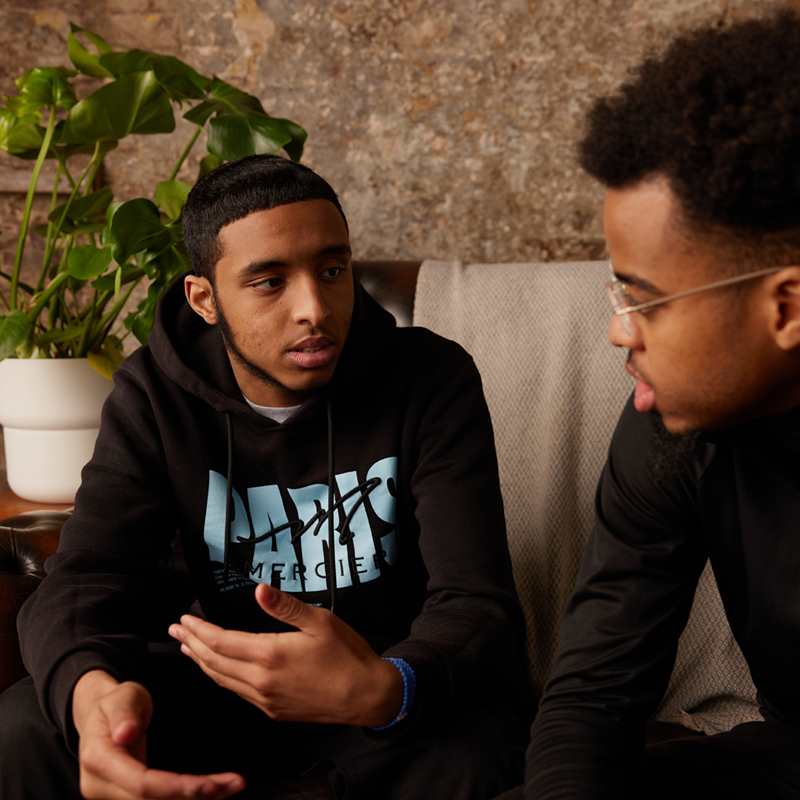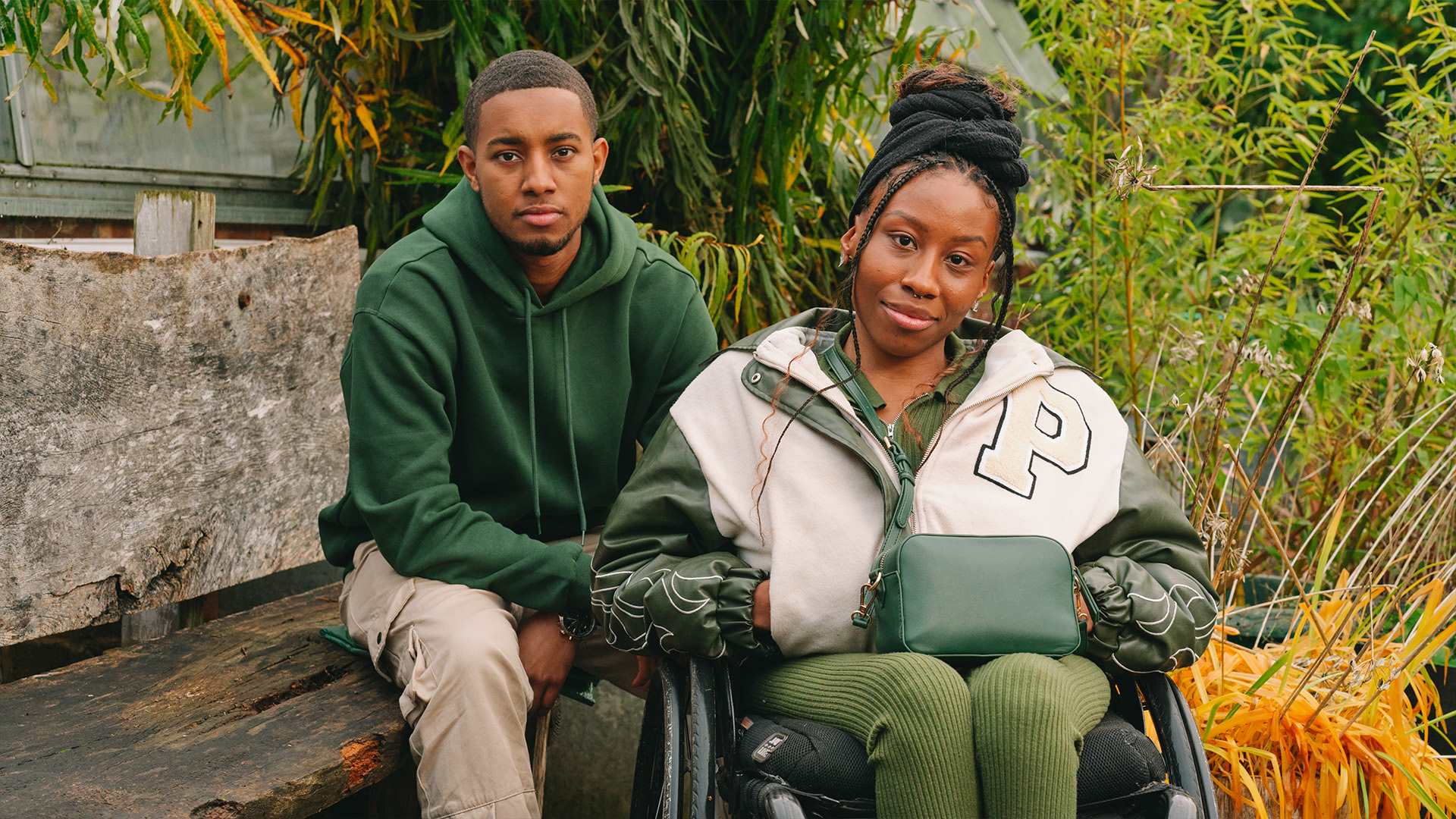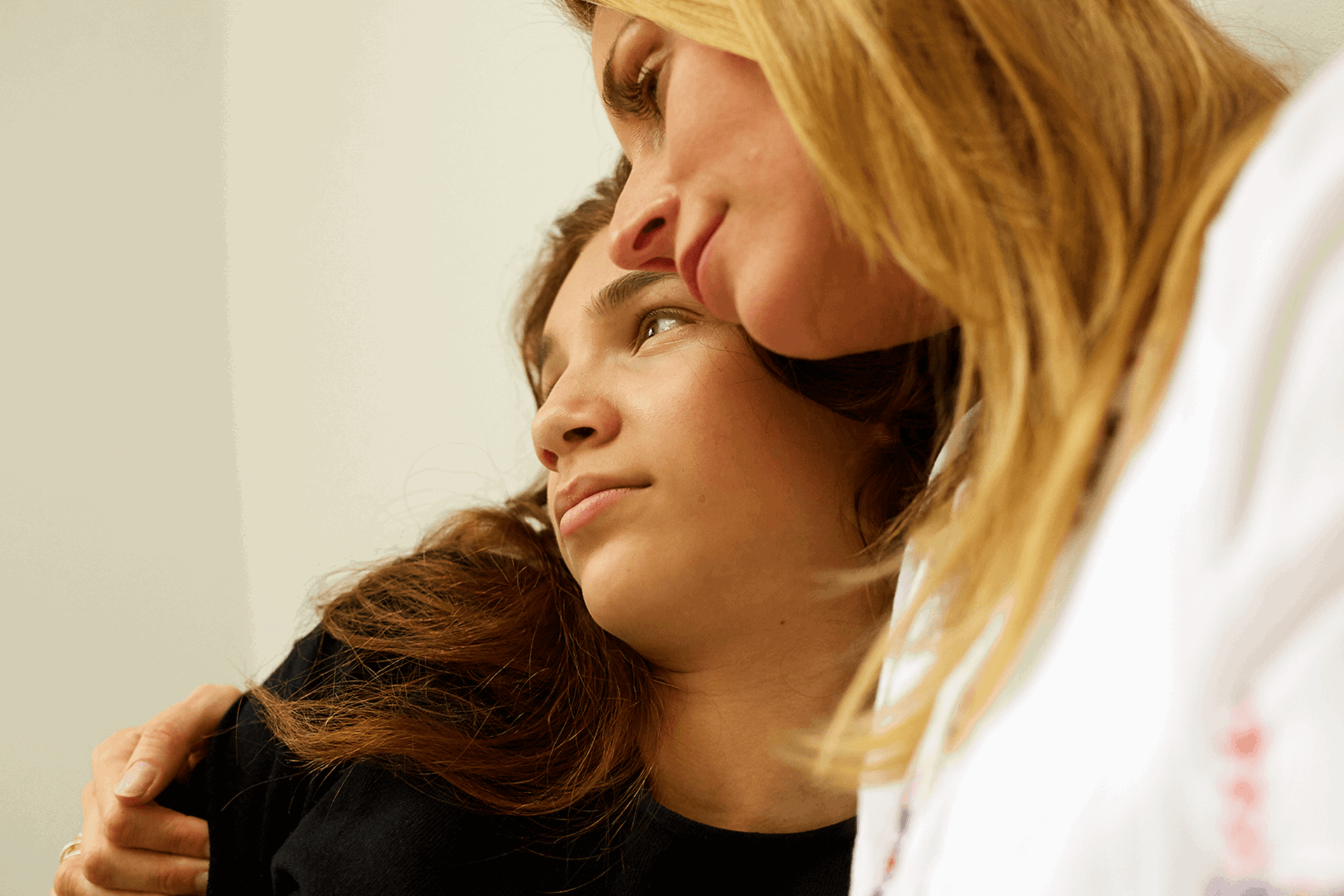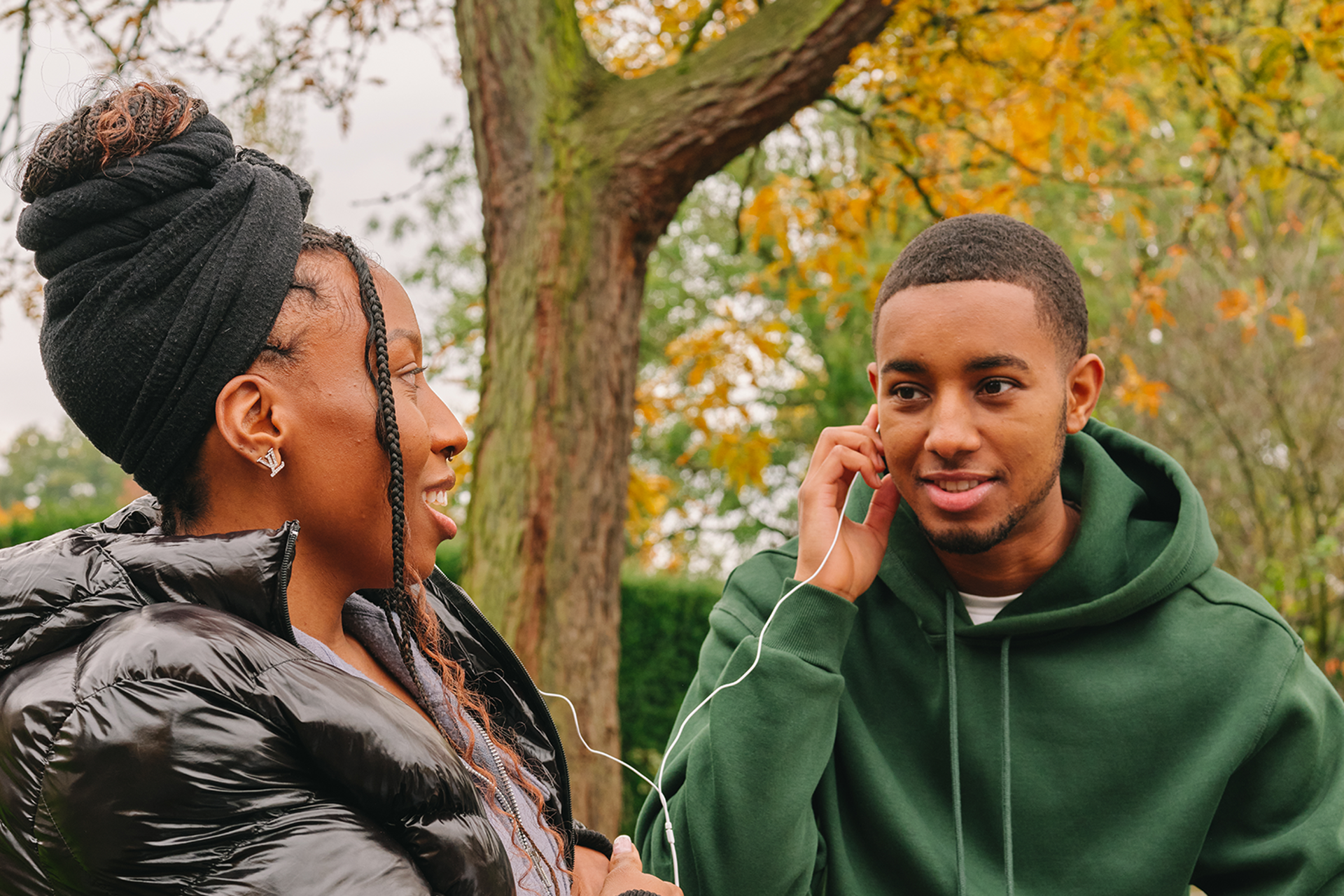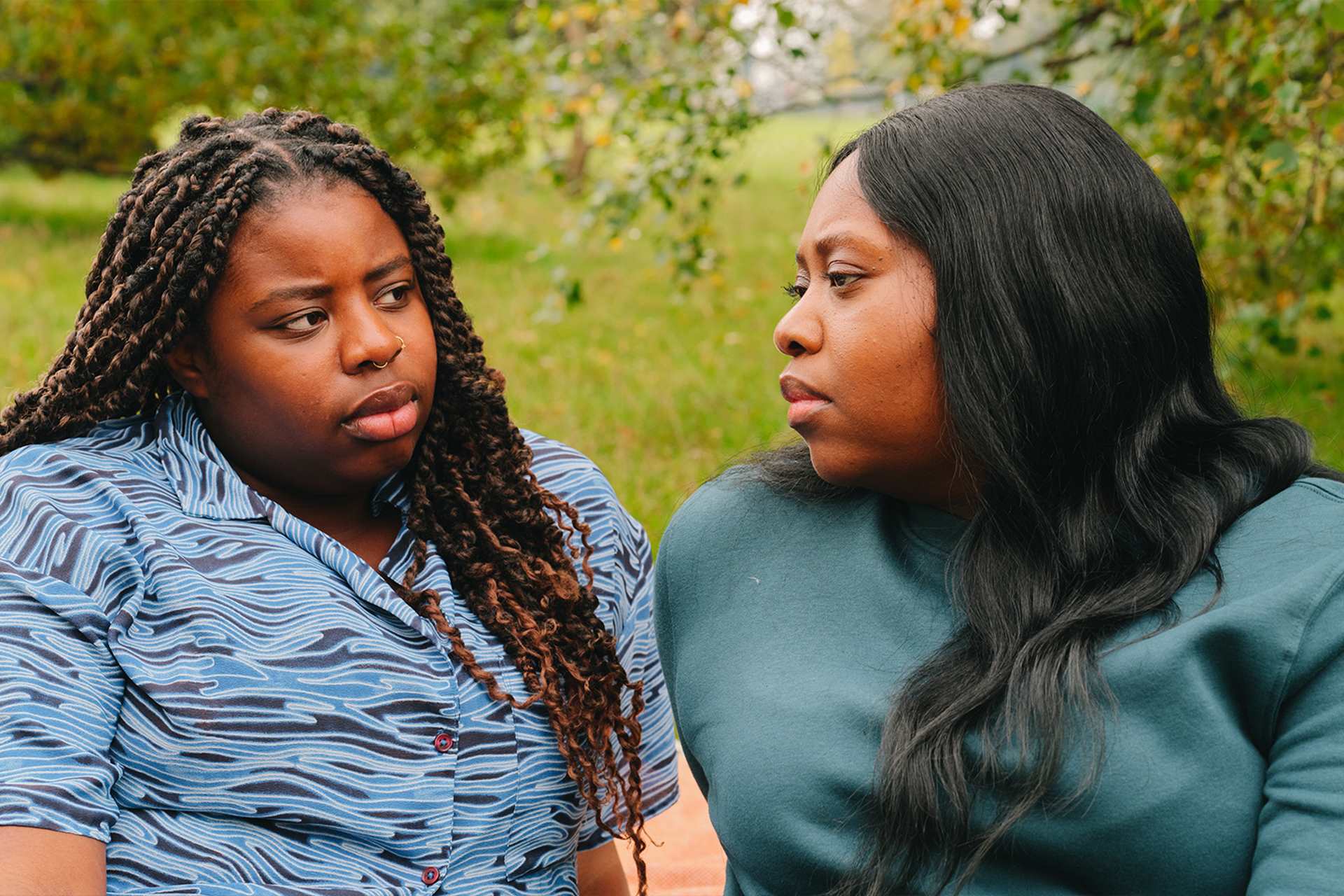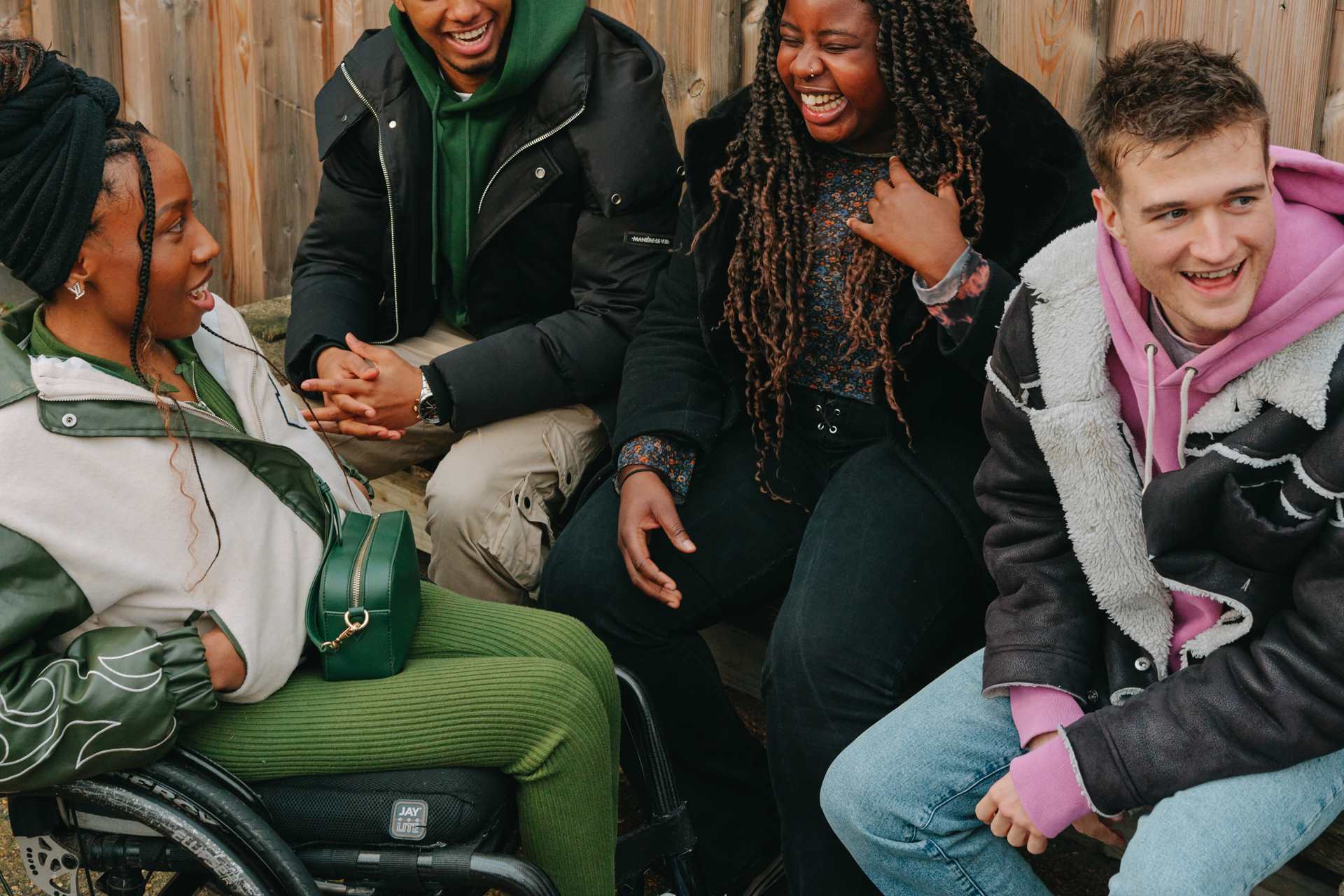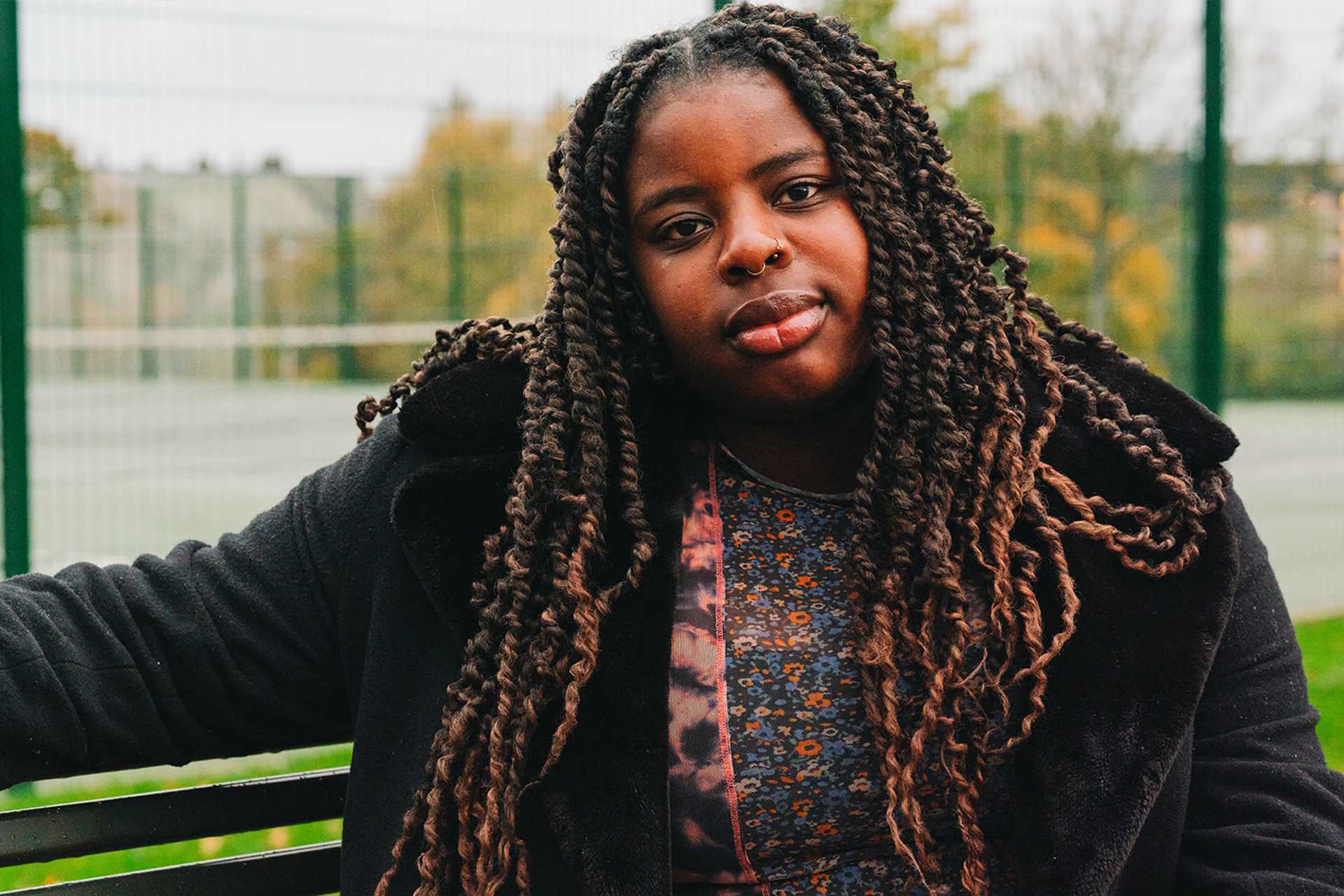Living with borderline personality disorder can feel exhausting and overwhelming. The emotional ups and downs, feelings of emptiness, fear of being abandoned, and the stress of getting a diagnosis or waiting for one can take a real toll. You might worry that these feelings will never change.
But many people with BPD do experience meaningful improvement over time, especially with therapy and the right support. Research and lived experience show that intense emotions, impulsive behaviour and relationship difficulties can become more manageable, and for some people, much less disruptive.
Remember, recovery is usually gradual with ups and downs along the way. If you have setbacks, it doesn’t mean you’ve failed. It's all part of learning new ways to cope and understand yourself. Over time, building emotional skills, self-understanding, self-care and safer, more trusting relationships can help life feel more stable.
Having BPD doesn’t define who you are. It describes a set of experiences, not your worth or your future. Many people with BPD go on to build stable, meaningful lives. With time, support and self-compassion, change is possible.



